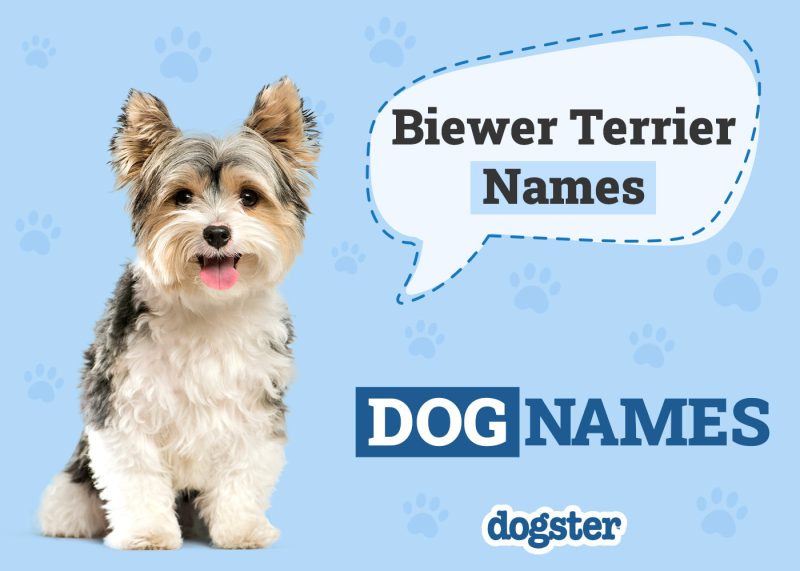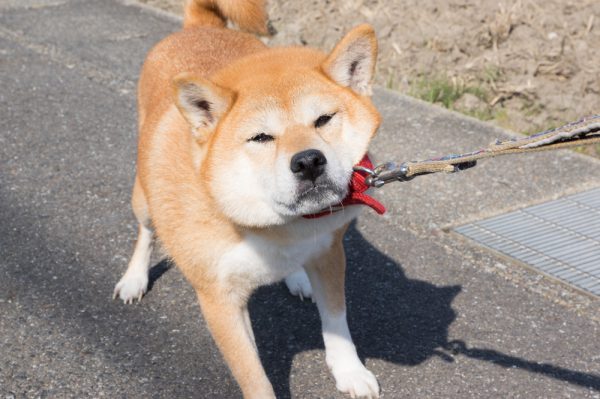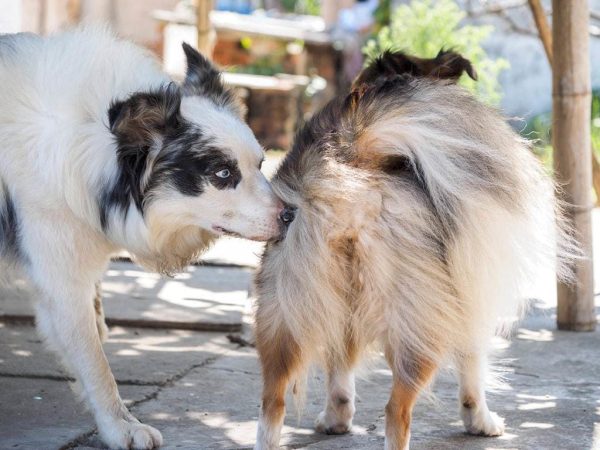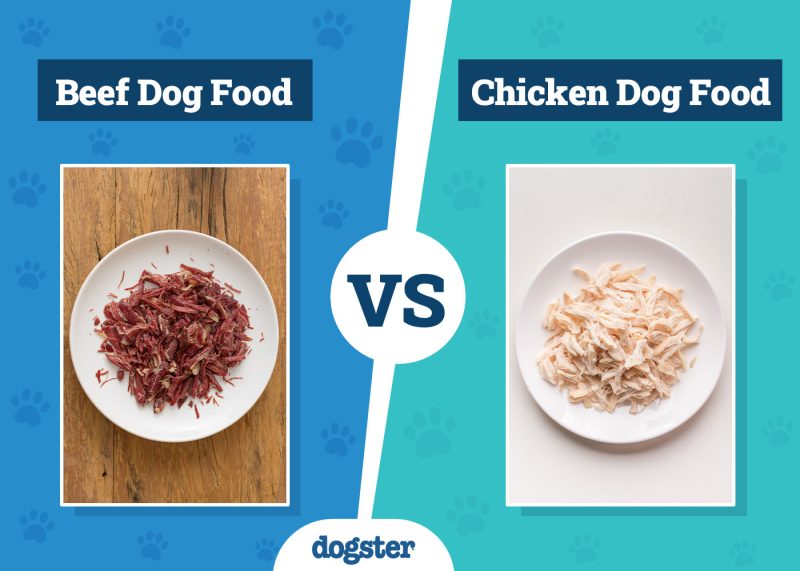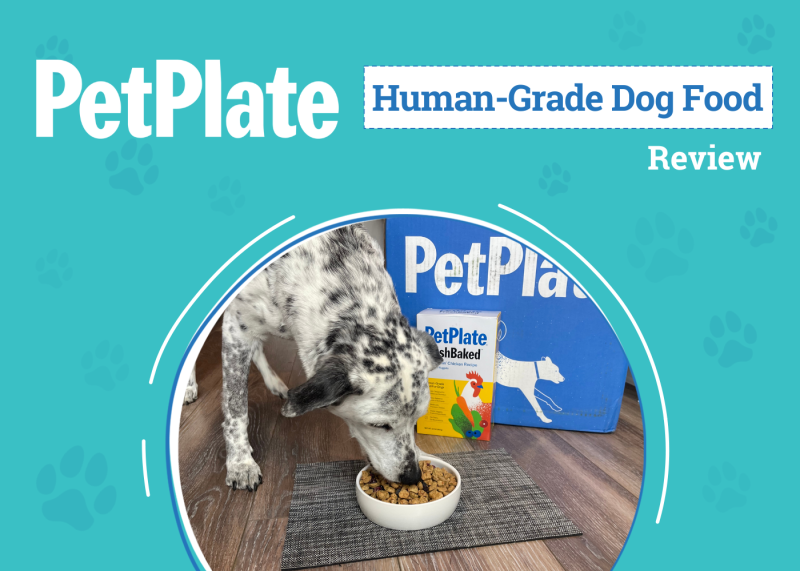The Havanese is a toy dog breed originating in Cuba, known for its small size, cute appearance, and affectionate personality. However, like any dog breed, Havanese has its own set of pros and cons.
In this article, we will explore 10 Havanese pros and cons to help you decide if you want to welcome one to your family.

Havanese Pros
1. They Are Affectionate and Loyal
The Havanese is a very affectionate and loyal breed. They love spending time with their owners, and they thrive on human companionship. You can expect your Havanese to follow you around the house, cuddle with you on the couch, and sleep by your side at night.
They are also very loyal and protective of their owners. If you’ve been wanting a guard dog but don’t want the hassle of a large breed, the Havanese could be a great option.
2. Havanese Are Good with Children
Havanese make the perfect companions for families with kids! Not only do they have an incredible tolerance towards children, but they also enjoy playing and snuggling up to them. These pups’ small size makes it easy for even little ones to handle and take care of them.
If your kids have been begging you for a pet, the Havanese could be the perfect choice. But you’ll want to read the rest of the pros and cons before you make your decision.

3. Havanese Are Easy to Train
The Havanese is a smart and trainable breed. They are eager to please their owners, and they respond well to positive reinforcement training methods. With consistent training, you can teach your Havanese a wide range of commands and tricks.
That includes not getting destructive when you leave the house. With enough training and patience, your Havanese can learn to cope with your being gone for extended periods of time.
4. Havanese Have Low Exercise Needs
Havanese is a low-energy breed that doesn’t require a lot of exercise. A daily walk and some indoor playtime are enough to keep them happy and healthy. They are a great choice for apartment dwellers or people with small yards.
This makes them the perfect companion for people with busy lifestyles or those who just don’t have a lot of time to devote to their pup.
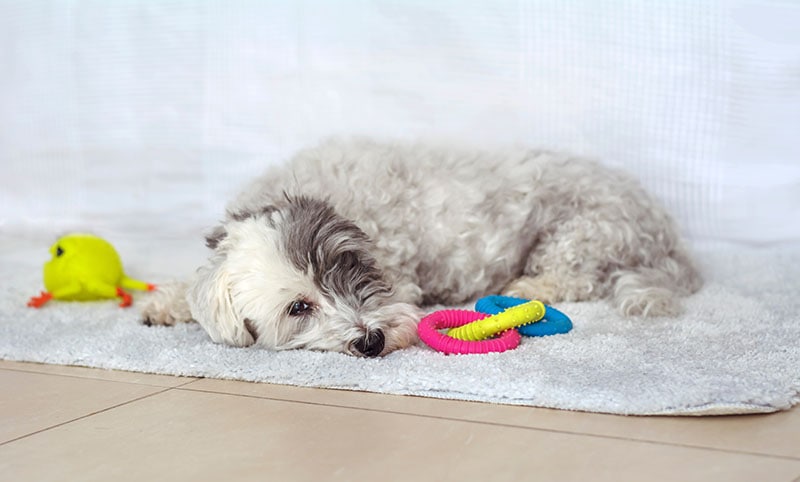
5. They Are Adaptable
The Havanese breed is incredibly versatile and able to flourish in any living environment, from the tight confines of a city apartment to a sprawling suburban estate with plenty of outdoor space.
This canine companion is perfect for all kinds of families, too—whether you’re single, coupled up, or have children, this pup will fit right into your home.

Havanese Cons
6. They Could Have Separation Anxiety
The Havanese is a very social breed, and they don’t like being left alone for long periods. If you have a busy schedule and can’t spend much time with your dog, Havanese may not be the right breed for you.
They can develop separation anxiety and become destructive if left alone for too long. Fortunately, this can be overcome, as you’ll discover in our next point.
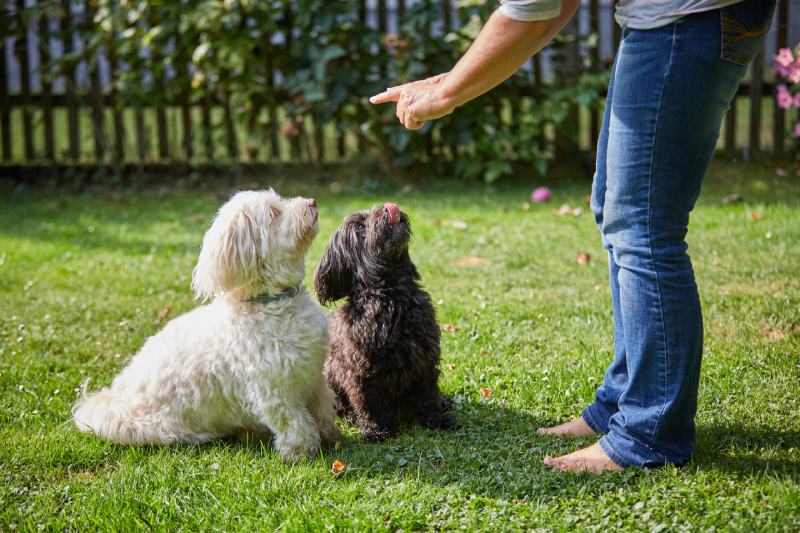
7. They Have a High Maintenance Coat
One of the biggest downsides of owning a Havanese is their high maintenance coat. They have a long, silky, and curly coat that requires regular grooming to prevent matting and tangling.
You will need to brush their coat every day and take them to a professional groomer every few months to keep their coat in good condition. While this is typical of many breeds, it can be a lot of work for some Havanese owners.
8. These Dogs Can Be Vocal
Havanese are known for their vocal nature. They love to bark, and they can be quite loud if they feel threatened or anxious. If you live in an apartment or have close neighbors, this can be a problem.
But if you take the time to train your Havanese, they can learn to be less vocal and more obedient. With patience and consistency, you can keep their barking to a minimum.
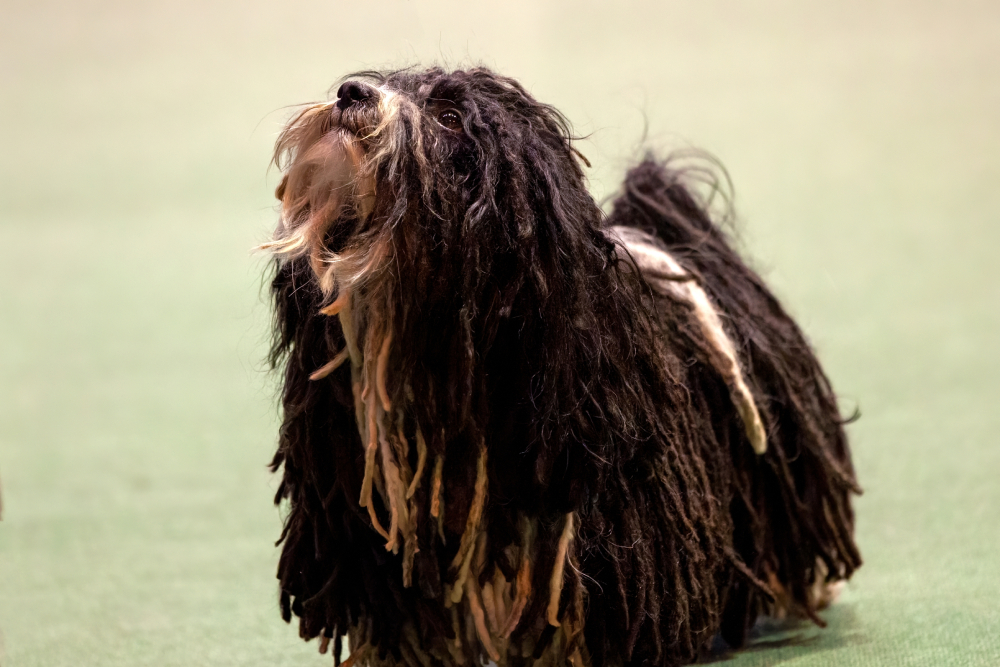
9. They Are Prone to Health Issues
Like all dog breeds, Havanese is prone to certain health issues. Some of the common health problems in Havanese include hip dysplasia, luxating patellas, cataracts, and deafness. Regular vet checkups and preventative care can help minimize the risk of these health problems.
This should be part of every dog owner’s routine, but it’s especially important when you have a Havanese. Try to make a schedule and stick to it so that your pup can stay healthy and happy.
10. Havanese Can Be Expensive
The Havanese is a popular breed, and their high demand can drive up the price. A Havanese puppy can cost anywhere from $1,000 to $3,000, depending on the breeder and the location. In addition, their grooming needs can add up to the cost of ownership.
This is often the biggest deciding factor for many families. The Havanese breed is undoubtedly on the pricier end of the canine spectrum. But if you can afford it, the love and loyalty of a Havanese pup is worth every penny.
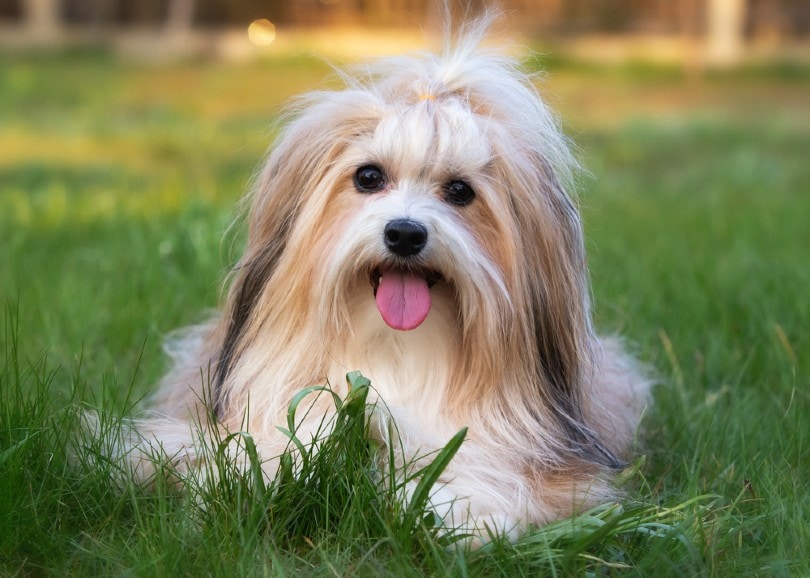

Tips to Take Care of Your Havanese
Now that you know the pros and cons of the Havanese, here are a few tips to help ensure your pup thrives:
Feed them a nutritious, balanced diet.
Keep their coat well-groomed and bathe as needed.
Socialize your Havanese pup early and often.
Exercise your Havanese regularly with daily walks and indoor play sessions.
Don’t leave them alone for extended periods of time.
Take them for regular checkups to prevent health issues.
Train your pup with positive reinforcement methods.
With these tips in mind, you can provide your Havanese with the best possible care and ensure they live a long, happy life.
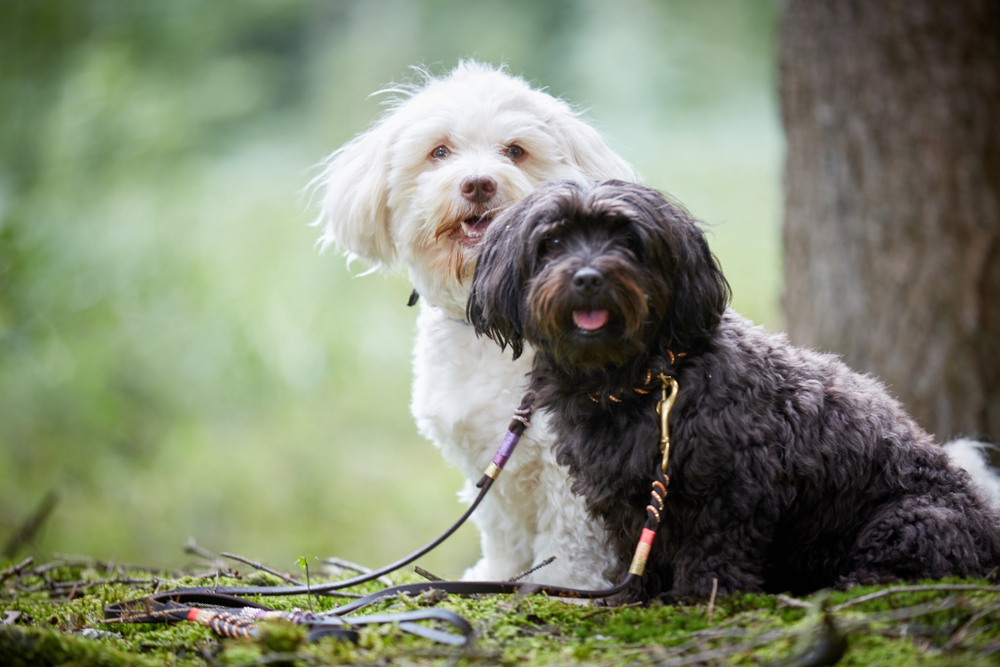

Final Thoughts
Does a Havanese seem like it’s the right dog breed for you? If so, start looking into local breeders and rescues to find your perfect pup. If possible, adopting from a shelter is always the best choice to make sure your pup has a good start in life.
No matter what kind of lifestyle you have, a Havanese is an excellent choice for many families that want a loyal, loving companion.
Featured Image Credit: Ralf Bitzer, Pixabay





